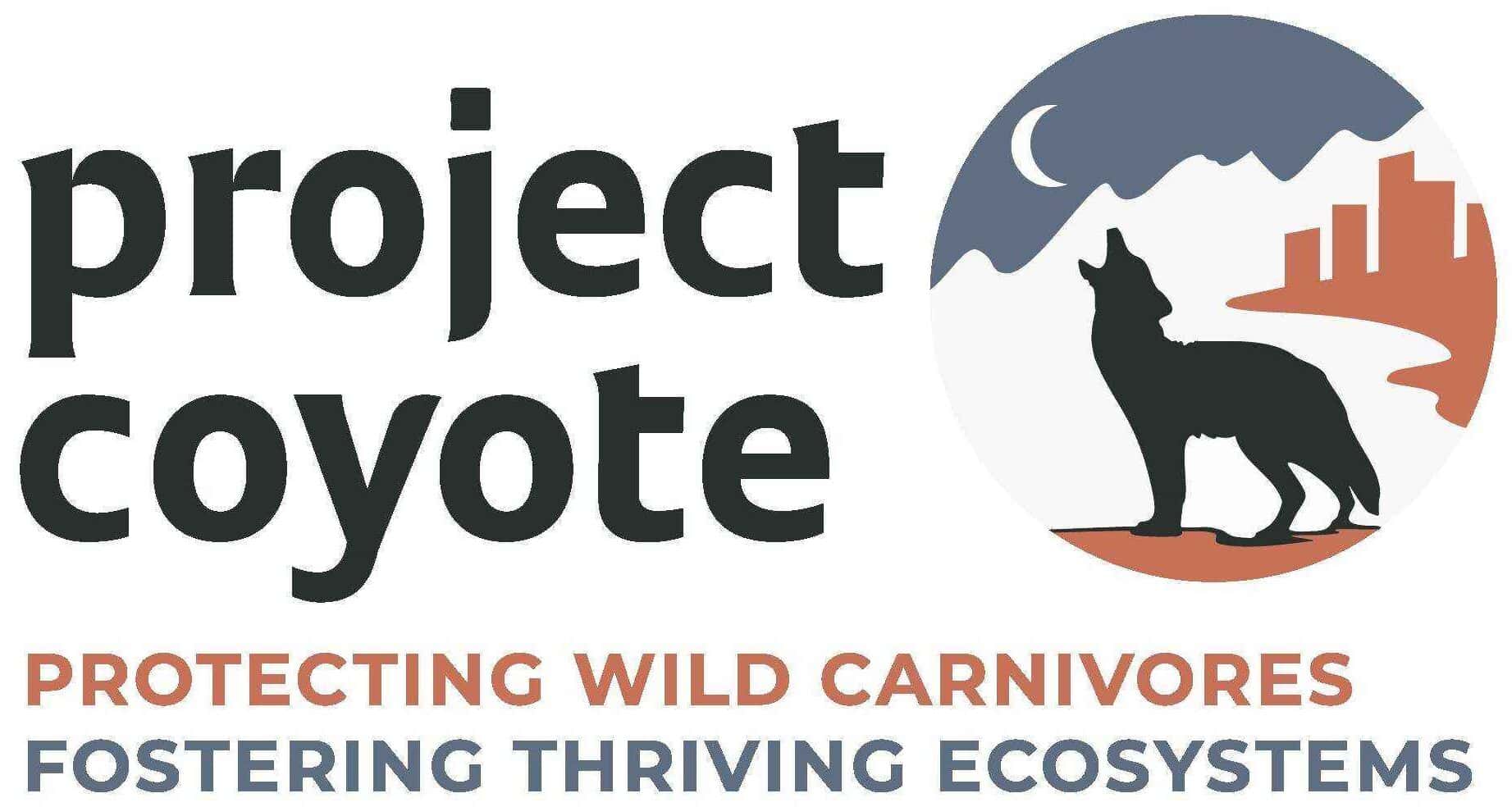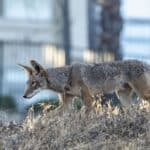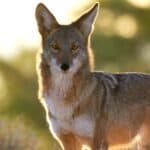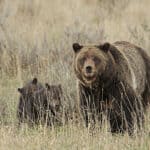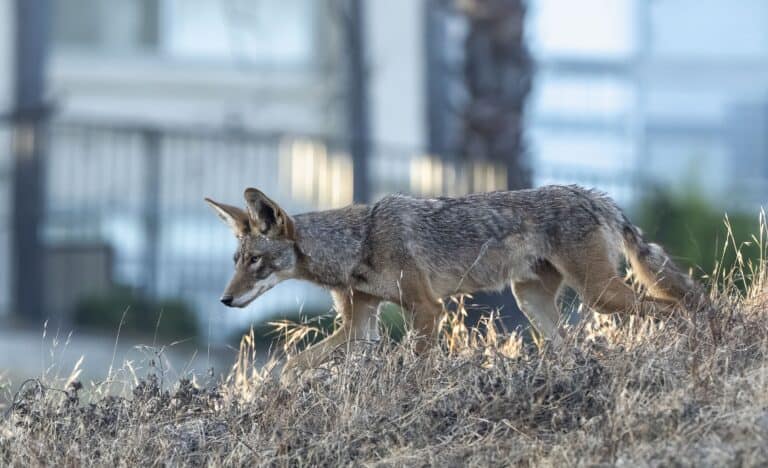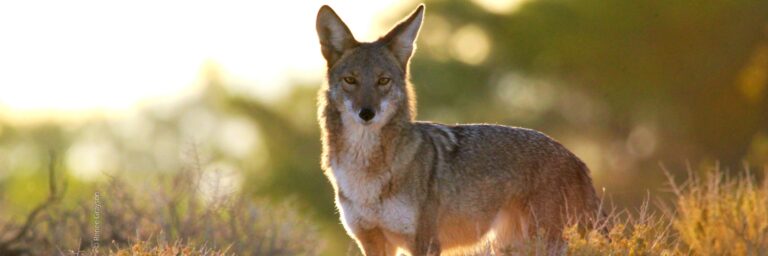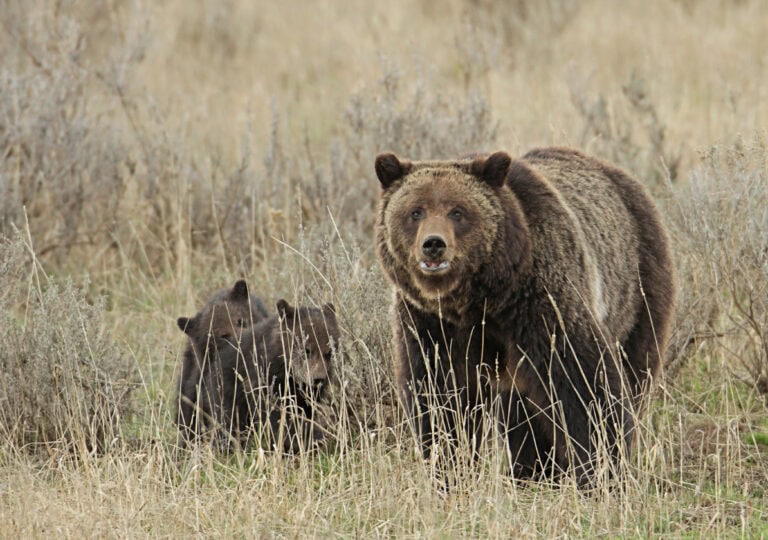Speak up by March 12 to oppose a spring bear hunting season
The Washington Fish & Wildlife Commission is voting on a new proposed rule that would establish a permanent spring bear hunt starting this spring.
In 2021, we successfully defeated a proposed spring bear hunt. This new proposed rule before the Commission is even worse and would establish a permanent spring bear hunting season, putting cubs at risk of orphaning. Bear hunting serves no legitimate science-based management purpose and threatens the continued health and survival of the species.
Please act TODAY in opposition of Washington’s trophy bear hunt!
Here’s how you can help:
- Submit written comments here or by email to the Commissioners directly here.
- Please craft your comments in your own words using the Talking Points below.
- Be sure to submit your written comments by March 12.
- Attend the public hearing via Zoom from 8 a.m. – noon PST March 11 to provide oral testimony.
- Register in advance (do so as early as possible as the opportunity to testify may be limited) and note “A” for the agenda item.
- Prepare your oral testimony ahead of time by personalizing the talking points below. Keep your comments respectful, polite and brief (expect to have only 1-2 minutes to speak).
- Write a Letter to the Editor (LTE) and submit it to your local newspaper.
- Encourage fellow Washington residents to oppose the spring bear hunt.
- Use the talking points below, and see tips on how to write LTEs here.
- Spread the word by sharing this alert with other Washington residents and encourage them to take action.
* * * * *
Talking Points ~ Please personalize!
- 85% of people in Western states disapprove of spring bear hunting.
- Bears reproduce very slowly and are highly susceptible to overkill.
- A female only reaches adulthood at approximately four years of age. She then gives birth to 2-3 cubs/year and has litters only every 2-3 years (depending on food resources, which are compromised by increasing wildfires and drought). Trophy hunters target breeding adults, which disrupts the animals’ social structure and further slows reproduction.
- Holding a spring season hunt results in orphaned bear cubs. During the spring season, sows are still nursing cubs. The death of a sow usually results in the death of the cubs by starvation.
- State wildlife officials and scientists agree there is no way to prevent cubs from being orphaned in spring bear hunting seasons.
- Hunting bears does not make people safer, nor does it stop human-bear conflicts. Rather than putting time and resources into opening a black bear hunting season, the Commission should instead be focused on expanding public education about non-lethal preventative measures.
- Numerous studies cite the fact that killing bears doesn’t stop human-bear conflicts, but it does radically reduce bear population sizes, which is not desirable or needed.
- Bear hunts do not reduce conflicts because trophy hunters generally remove non-problem bears from the population; that is, the individuals not involved in nuisance behaviors. Instead, hunters attempt to target large, male bears to acquire an impressive trophy, but bears living near humans are typically unavailable to hunters because hunting is not permitted in urban areas.
- This trophy bear hunt is unethical and unjustified.
- Bear hunting isn’t science-based and serves no legitimate management purpose.
- Bears are rarely hunted for anything other than trophies.
- The hunt is out of line with Washington’s values and hunting ethics. Spring season is when bears are at their most vulnerable state, weak from hunger and winter hibernation.
- Current scientific understanding acknowledges bears as feeling, thinking, self-aware beings that undoubtedly value their lives and wellbeing. Accordingly, ethical coexistence demands respect and consideration for bears in relevant policies and regulations. Increasing opportunities to kill more bears explicitly promotes views contrary to ethical coexistence and holistic scientific understanding.
- Black bears should be protected – they are an important umbrella species and ecological actors who increase the biodiversity of ecosystems.
- Black bears contribute community benefits through their top-down regulatory effects on ecosystems.
- Black bears are important in maintaining the ecological systems in forests. Through their foraging habits, bears disperse seeds across vast distances — even more seeds than birds. They open up forest canopies and improve soil health through their various behaviors, including spreading marine-derived nitrogen into the forest surrounding salmon streams.
- Bears cause small-scale ecological disturbance to the canopy that allows sun to filter to the forest floor increasing biodiversity.
- Climate related impacts seriously threaten Washington’s bears. Given these uncertainties, stopping human-caused mortality should be prioritized over hunter demand. Extreme climate events catalyzed by climate change, such as record-level wildfires in 2021, late season frosts, and droughts, have negative impacts on bears, in particular through habitat destruction and reductions in food sources.
Thank you for advocating for bears in Washington!
Camilla H. Fox
Founder & Executive Director
Michelle Lute, PhD
National Carnivore Conservation Manager
